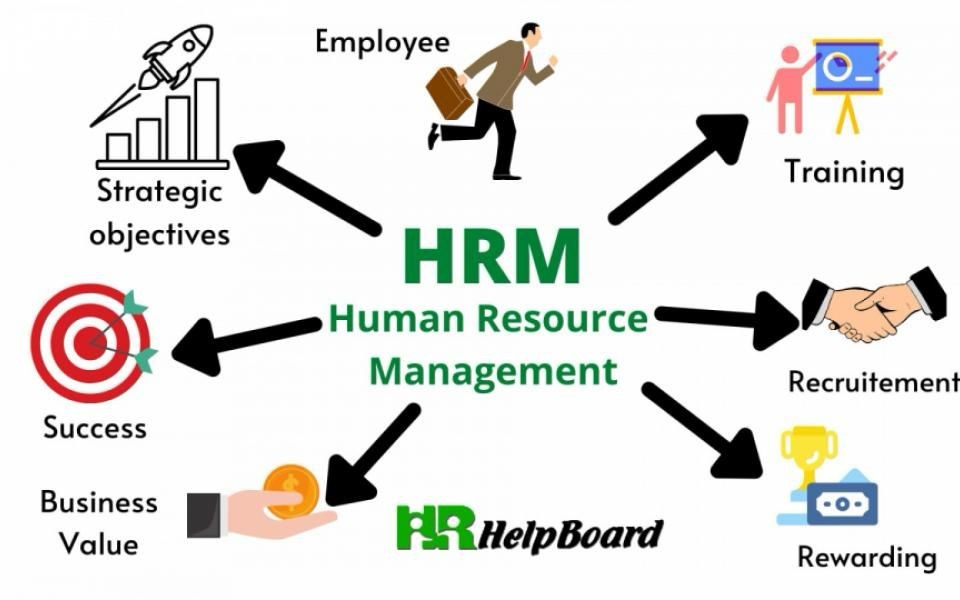
Human Resources (HR) is a critical function within any organization, tasked with managing the workforce and ensuring the company operates smoothly and efficiently. The responsibilities of HR are vast and varied, encompassing recruitment, employee development 人事代理, performance management, compliance with labor laws, and fostering a positive workplace culture.
One of the primary functions of HR is recruitment and staffing. This involves identifying the organization’s staffing needs, attracting qualified candidates, conducting interviews, and selecting the best individuals for the job. Effective recruitment strategies are essential for building a capable and diverse workforce. HR professionals use various methods such as job postings, social media, recruitment agencies, and employee referrals to reach a wide pool of candidates. A thorough recruitment process helps ensure that the organization hires individuals who align with its values and objectives, contributing to long-term success.
Once employees are hired, HR is responsible for onboarding and training them. Onboarding is the process of integrating new hires into the company, ensuring they understand their roles and the company culture. This initial phase is crucial for helping new employees feel welcomed and supported. Effective onboarding can improve employee retention and productivity. Additionally, HR oversees ongoing training and development, which is vital for keeping employees’ skills up-to-date and preparing them for future roles. Offering continuous learning opportunities, such as workshops, seminars, and online courses, not only enhances employee capabilities but also contributes to overall organizational growth.
Performance management is another key area of HR. This involves setting clear performance expectations, providing regular feedback, and conducting performance appraisals. Through these processes, HR helps employees understand their strengths and areas for improvement, aligning their goals with those of the organization. Effective performance management motivates employees, enhances productivity, and fosters a culture of accountability and excellence. Additionally, HR handles employee relations, addressing grievances and resolving conflicts to maintain a harmonious work environment.
Compliance with labor laws and regulations is a significant responsibility for HR professionals. This includes ensuring that the organization adheres to employment laws related to wages, working hours, health and safety, and anti-discrimination. HR must stay updated with changes in legislation and implement necessary policies and procedures to avoid legal issues and ensure fair treatment of employees. Compliance is crucial for protecting the organization from legal risks and fostering a fair and just workplace.
Managing employee benefits and compensation is another important function of HR. This involves designing and administering benefits packages that may include health insurance, retirement plans, paid leave, and other perks. Competitive compensation and benefits are essential for attracting and retaining top talent. HR professionals must balance the need to offer attractive benefits with the organization’s budget constraints, ensuring that the compensation structure is both fair and sustainable.
HR also plays a critical role in fostering a positive workplace culture. This involves creating an environment where employees feel valued, engaged, and motivated. HR initiatives such as team-building activities, recognition programs, and employee wellness programs contribute to a positive organizational culture. A strong workplace culture enhances employee satisfaction, reduces turnover, and increases productivity.
Another critical aspect of HR is managing organizational change. Whether it’s a merger, acquisition, restructuring, or the implementation of new technology, HR professionals help manage the transition smoothly. This includes communicating changes to employees, providing support and training, and addressing any concerns or resistance. Effective change management helps minimize disruptions and ensures that employees are aligned with the new direction of the organization.
In today’s diverse and globalized workforce, HR also focuses on diversity and inclusion. This involves promoting a diverse workforce, ensuring equal opportunities for all employees, and creating an inclusive environment where everyone feels respected and valued. Diversity and inclusion initiatives enhance creativity, innovation, and overall organizational performance.
In summary, HR is a multifaceted function that plays a crucial role in an organization’s success. By effectively managing recruitment, employee development, performance management, compliance, and workplace culture, HR professionals contribute significantly to the growth and sustainability of the organization. Through fostering a positive work environment and promoting diversity and inclusion, HR helps build a strong and resilient workforce that drives the organization’s objectives forward.